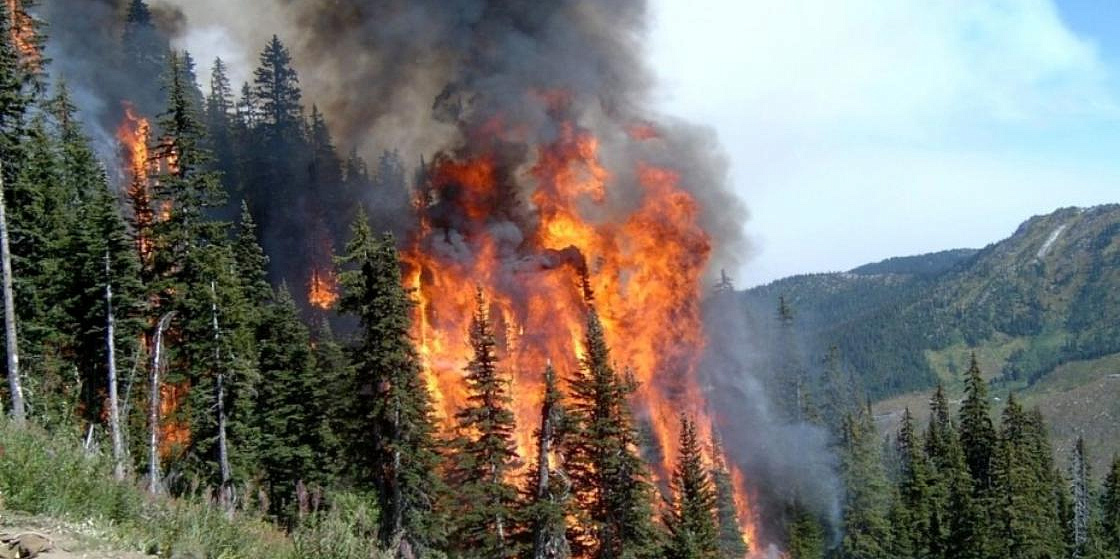
Photo: MCHS Yakutia
Wildfire Challenge
The Russian Arctic is facing a serious challenge -- that of coping with large-scale fires which have stricken the vast sparsely populated northern areas of this country.
The Yakut Republic, the worst-hit arctic region of Russia, has to deal with hundreds of forest fires affecting about 680 thousand hectares. People living in Yakutsk, the capital city of the region, were advised by the mayor to stay at their homes and not open windows as the region fights unprecedented blazes. More than 2.3 thousand people take part in battling the flames, including not only professional firefighters, but also several hundred volunteers. The personnel of the republican Emergency Ministry is assisted by their colleagues from other Russian regions.
The situation is tough in Karelia, another Russia’s polar region. Authorities had to evacuate more than 600 people from villages due to wildfires spreading across Karelian forests. According to the Emergency Ministry, about 6,000 hectares of forest were affected by fires. The state of emergency was imposed on the region in light of the existing threats.
Fires put the country’s emergency system to a harsh test. Despite the fact that, so far, it proved to be capable of delivering a swift and quick response, there is still much to do to improve the country’s preparedness and ability to deal with climate-related challenges in the High North.
We in PORA believe that such challenges pose a real threat not only to Russia, the world’s biggest Arctic nation, but also to all other Arctic countries. It is through a result-oriented and open discussion and well-coordinated effort that the issue of global warming and natural disasters induced by climate change can be effectively addressed.
The Yakut Republic, the worst-hit arctic region of Russia, has to deal with hundreds of forest fires affecting about 680 thousand hectares. People living in Yakutsk, the capital city of the region, were advised by the mayor to stay at their homes and not open windows as the region fights unprecedented blazes. More than 2.3 thousand people take part in battling the flames, including not only professional firefighters, but also several hundred volunteers. The personnel of the republican Emergency Ministry is assisted by their colleagues from other Russian regions.
The situation is tough in Karelia, another Russia’s polar region. Authorities had to evacuate more than 600 people from villages due to wildfires spreading across Karelian forests. According to the Emergency Ministry, about 6,000 hectares of forest were affected by fires. The state of emergency was imposed on the region in light of the existing threats.
Fires put the country’s emergency system to a harsh test. Despite the fact that, so far, it proved to be capable of delivering a swift and quick response, there is still much to do to improve the country’s preparedness and ability to deal with climate-related challenges in the High North.
We in PORA believe that such challenges pose a real threat not only to Russia, the world’s biggest Arctic nation, but also to all other Arctic countries. It is through a result-oriented and open discussion and well-coordinated effort that the issue of global warming and natural disasters induced by climate change can be effectively addressed.
22 July 2021




